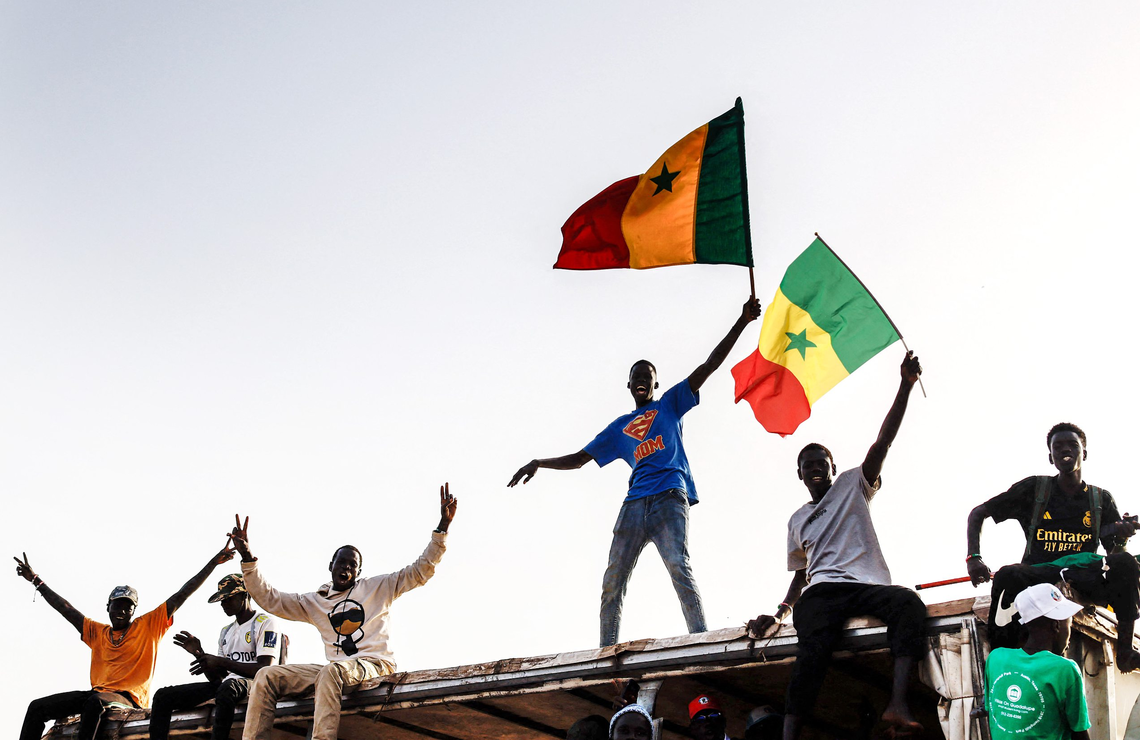
The Senegal Revolution
The 24 March election heralded a profound generational, social and political turning point. A rejection, as it were, of a model of economic emergence and "liberal" governance that only benefited the ‘elite’. It's a historic moment and a huge challenge for President Bassirou Diomaye Faye and his mentor Ousmane Sonko, now Prime Minister. Expectations will have to be met, while at the same time dealing with economic and strategic realities. We delve into the details.
HISTORIC ELECTION
HE WAS Plan B, Ousmane Sonko's right-hand man, the one who was supposed to carry the message of the charismatic leader barred by a Constitutional Council ruling from standing. Bassirou Diomaye Faye has never held elected office (his one attempt to run for mayor of his home town in January 2022 was barely convincing...). He had just spent eleven months in prison and was released under an amnesty law, demanded and passed by outgoing president Macky Sall, despite being his arch-enemy since 2019. Diomaye Faye and Ousmane Sonko ran a lightning-quick and highly effective campaign, just over a week or so. The incumbent government, worn down by eleven years in office, was divided, riven by egos, weakened by strategic missteps and by its...